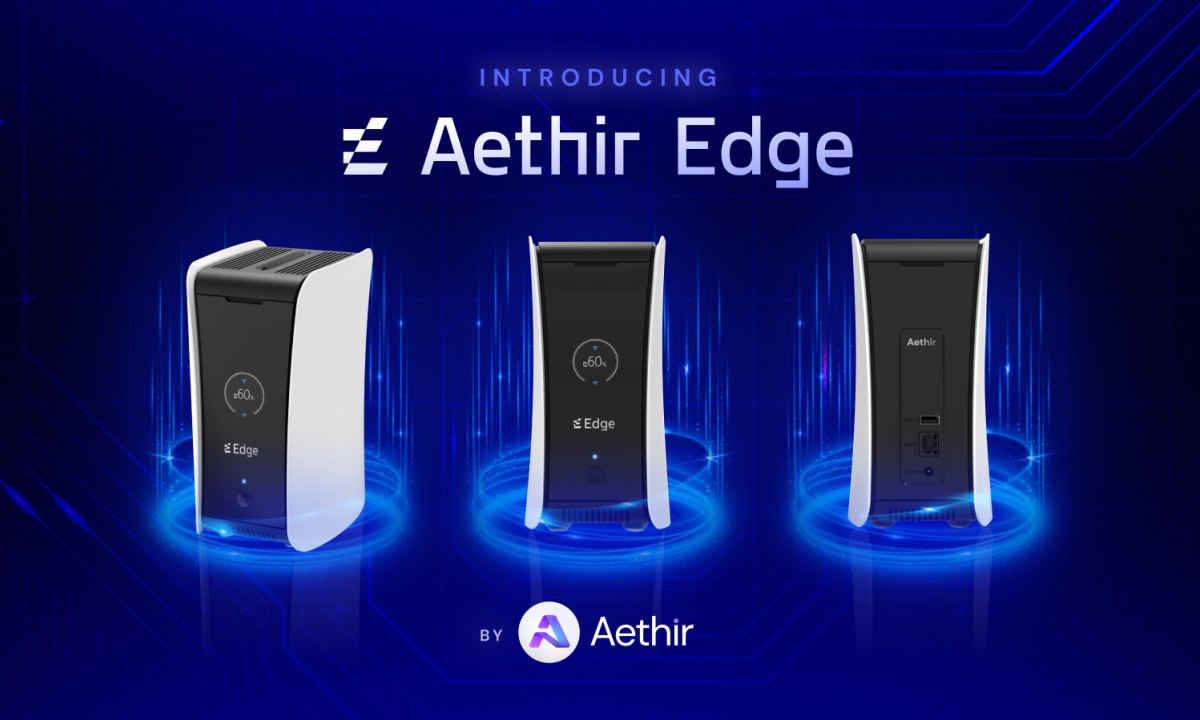EU Money Laundering Law Fails To Block Crypto Payments, Lawmaker Admits
Key Points:
- The regulation will impose a limit of 1,000 euros on payments made from self-hosted wallets where the payer cannot be identified.
- Privacy-enhancing crypto coins like dash, monero, and cash are already outlawed by the EU’s Markets in Crypto Assets regulation (MiCA), and a ban on these coins is not required.
- Damien Carême, a French lawmaker from the Green party, clarified that the legislation does not prevent crypto transactions but only applies when identification isn’t possible.
According to a leading European Union lawmaker, the new anti-money laundering rules set to be discussed by the Economic and Civil Liberties Committees in the European Parliament will not impede crypto payments.
The Anti-Money Laundering Regulation would impose a limit of 1,000 euros ($1,080) on payments made from self-hosted wallets where the payer cannot be identified. However, Damien Carême, a French lawmaker from the Green party and one of the two lawmakers negotiating the law on behalf of the parliament, clarified that the legislation does not prevent crypto transactions but only applies when identification isn’t possible. This clarification provides a sense of relief for crypto enthusiasts who were concerned about the impact of the new anti-money laundering rules on their transactions.
It is worth noting that Carême also referred to provisions on money laundering in the metaverse, stressing the importance of not inhibiting dirty money by allowing it to flow into other sectors. Moreover, the EU’s Markets in Crypot Assets regulation already outlaws privacy-enhancing crypto coins like dash, monero, and zcash, so a ban on these coins is not required.
If the vote passes, lawmakers will enter into negotiations from the EU’s Council, representing the bloc’s member states, to frame a consistent version of the law. This development will be of interest to crypto enthusiasts and investors alike, as it provides insight into the future regulatory environment for the crypto industry. The outcome of these negotiations will shed light on how the EU plans to balance the need for regulation with the desire to encourage innovation in the crypto sector.
DISCLAIMER: The Information on this website is provided as general market commentary and does not constitute investment advice. We encourage you to do your own research before investing.
Join us to keep track of news: https://linktr.ee/coincu
Annie
Coincu News





















